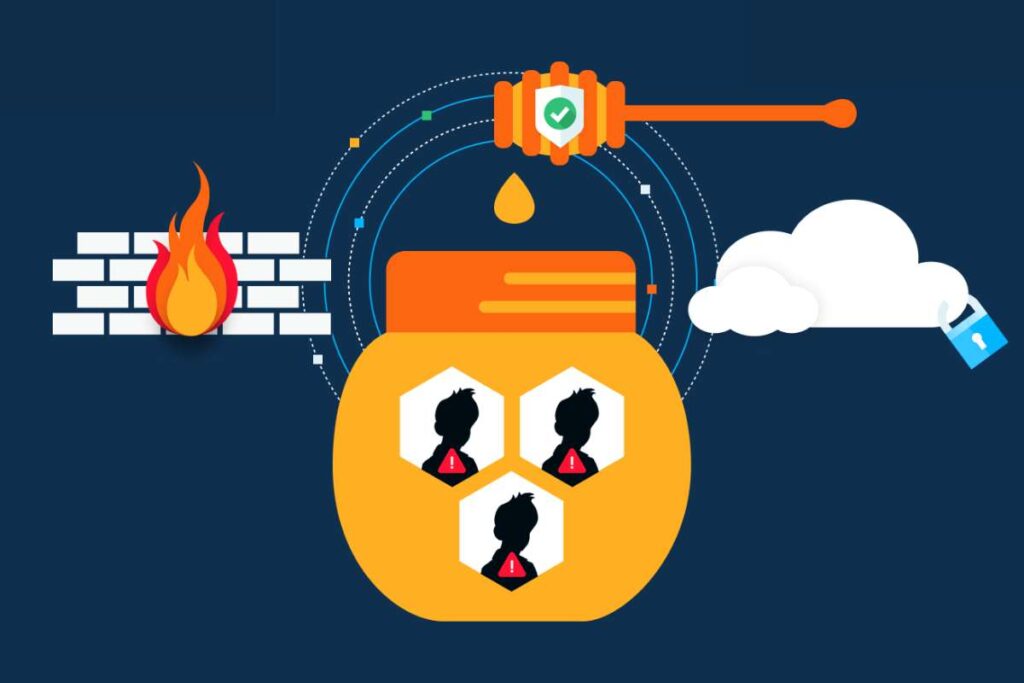(Source- health.economictimes.indiatimes}
Expanding Healthcare Access Through Technology
The Healthcare Information and Management Systems Society Global Health Conference and Exhibition (HIMSS 2024) showcased the profound impact of technology on healthcare, with a focus on expanding access to underserved communities worldwide. Keller Rinaudo Cliffton, co-founder and CEO of Zipline, emphasized the potential of technology in reaching the underprivileged. Speaking to BioSpace, Cliffton highlighted the staggering number of individuals lacking access to adequate healthcare, stressing the urgent need for innovative solutions.
Zipline’s pioneering efforts in using all-electric zero-emission aircraft for medical deliveries have already made significant strides in countries like Rwanda, reducing post-partum hemorrhaging by 51%. Moreover, discussions at HIMSS explored the potential of drones in enhancing patient engagement and retention for decentralized clinical trials, signaling a promising future for healthcare accessibility.
Representatives from the Centers for Medicare & Medicaid Services (CMS) underscored the importance of reducing healthcare disparities through enhanced data collection and analysis. CMS’s commitment to initiatives like The Gender Harmony Project reflects ongoing efforts to ensure inclusivity in healthcare services, with a focus on improving care for all individuals, irrespective of gender.
Cybersecurity Challenges in Healthcare
Despite the optimism surrounding technological advancements, cybersecurity threats loomed large at HIMSS 2024. Benoit Desjardins, a professor at the University of Pennsylvania, highlighted the alarming speed at which hackers gain access to sensitive data, contrasting it with the significantly delayed breach discovery time. Cybersecurity experts emphasized the ease with which cybercriminals exploit vulnerabilities, with the proliferation of cryptocurrency facilitating illicit activities.
Nitin Natarajan, deputy director for the Cybersecurity and Infrastructure Security Agency (CISA), underscored the evolving threat landscape in healthcare, emphasizing the sector’s vulnerability to cyberattacks across various domains, including hospitals, biotech firms, and supply chains. With healthcare heavily reliant on IT infrastructure, securing every aspect of the healthcare ecosystem, from drug discovery to patient care, emerged as a critical imperative.
Navigating the Quantum Frontier
As the healthcare industry grapples with cybersecurity challenges, the advent of quantum computing introduces both opportunities and risks. While quantum computing holds immense potential for accelerating drug discovery and development processes, experts caution against its security implications. The National Security Agency (NSA), alongside cybersecurity agencies, released guidelines to address the cybersecurity risks associated with quantum computing, emphasizing the need for organizations to prepare for post-quantum cryptography.
Lee Kim, senior principal at HIMSS, urged organizations to adopt a risk-based approach in evaluating their readiness for quantum computing, emphasizing the importance of collaboration with vendors. As quantum and AI technologies converge, there is growing anticipation for their synergistic capabilities in bolstering cybersecurity defenses. Hal Wolf, president and CEO of HIMSS, highlighted the transformative potential of AI-quantum systems in enhancing data analysis and cybersecurity, paving the way for a more secure and efficient healthcare landscape.
In conclusion, HIMSS 2024 offered valuable insights into the intersection of technology and healthcare, emphasizing the need for collaborative efforts to address emerging challenges and harness the full potential of innovative solutions for the betterment of global healthcare delivery.






